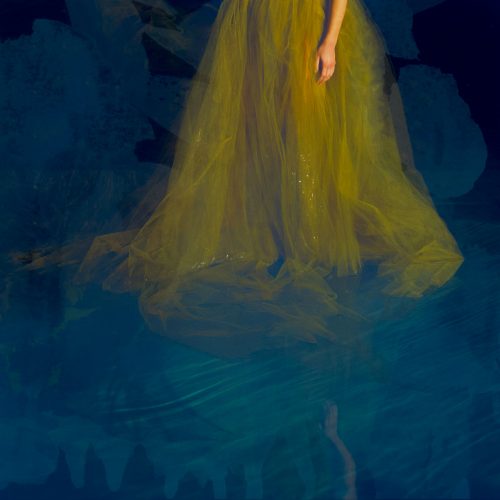“Do I contradict myself? Very well, then I contradict myself. I am large, I contain multitudes.”
Walt Whitman wrote that, in “Song of Myself”. I quoted that line in part because I am the kind of insufferable music critic who starts an essay by quoting Walt Whitman (one day I’ll quote Emerson, just to see how many of you people can really tolerate me), but also because it says something important about the idea of the self.
We seem to believe that everyone has one true self which represents who they truly are, and anything that conflicts with that true self is just a facade. When someone shows unexpected vulnerability, they get praised for showing their “real self”. When someone else does something wrong, people sneer that they “showed their true colors”. The multiple facets of someone’s personality are treated like so many Russian nesting dolls, obstacles for a patient person to open and set aside until they find the genuine article.
The reality is, as ever, more complicated and uncomfortable than that. We know that great people are capable of terrible things (Franklin D. Roosevelt established the Japanese internment camps) and vice versa (the infamous Jim Jones was a passionate crusader for racial integration before starting his cult). But that duality manifests in more mundane ways, too. Someone can be nice to you and mean to someone else, or hold views that seem antithetical to their personality. We consider it hypocrisy or betrayal, because it’s easier to do that than to admit how hard it is to truly know someone. Even if you’ve known them your entire life, there will always be a part of them you’ll never be able to see, like the far side of the moon.
Listening to “All I’ve Known”, an ambitious and beautiful song by the American songwriter A.O. Gerber, I was reminded of the contradictions inherent in all of us. It’s a song directed to a significant other, talking about just how hard it is to see outside of your own perspective. “All I’ve known is all I’ve known,” Gerber sings, sounding like she wishes she could know more. In the first verse, she sees this other person as a puzzle to solve. “I won’t ever get to know you,” she concedes, “but it’s a game that I haven’t tried.” She’s not going to get what she wants, but she’ll settle for close enough.
The song itself mirrors this situation, sounding lovely and familiar without ever being completely knowable. I’m reminded of Angel Olsen; while Gerber’s voice is less bracing and powerful than Olsen’s, they share a sense of sweeping scope. When you get to the end of a song like “Sister” or “Lark”, it feels like you’ve finished a long and satisfying journey, ending up on the other side of a vast and wondrous landscape. The same goes for “All I’ve Known”, which starts small and intimate before expanding into a lush, swirling climax. But it’s not a predictable march to catharsis; there are some spellbinding, unusual chords thrown in the pre-chorus to make you as unsettled and curious as our narrator.
Although Gerber knows she won’t get all the answers, she can’t help but reach for them anyway. “I just wanna know your secrets,” she pleads. “I just wanna know your truth.” She can try all she wants, but she’ll only find more contradictions; then again, as that grand climax suggests, those contradictions can be beautiful on their own. After all, she contains multitudes; isn’t it exciting to see that someone else does, too?







